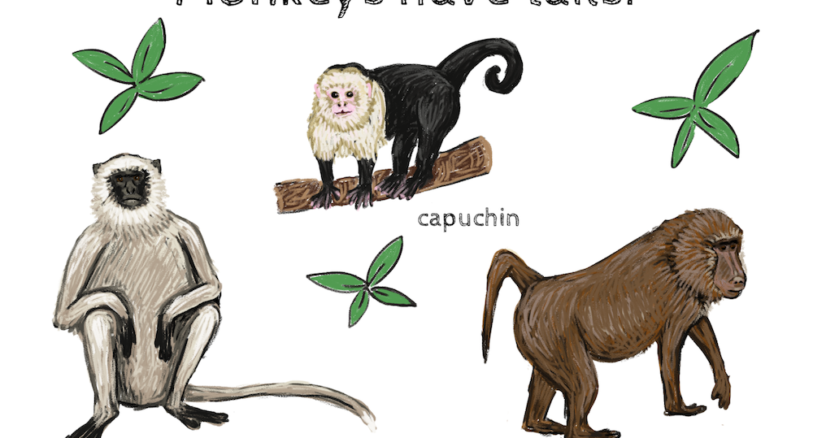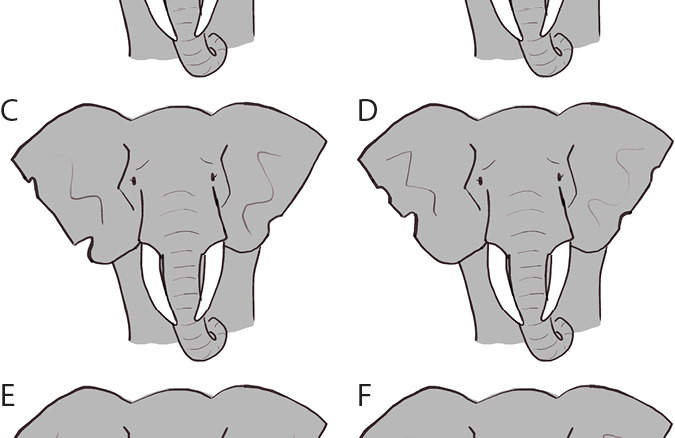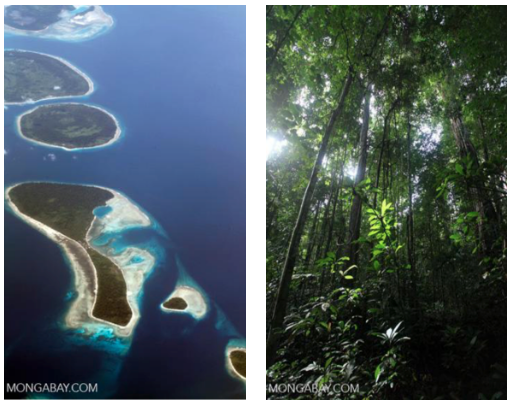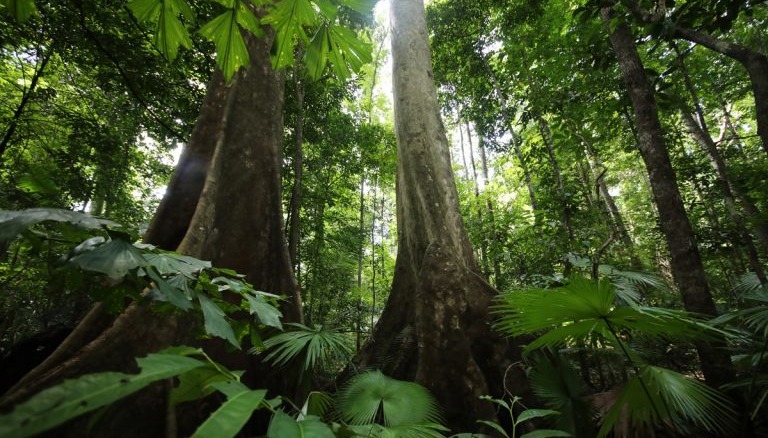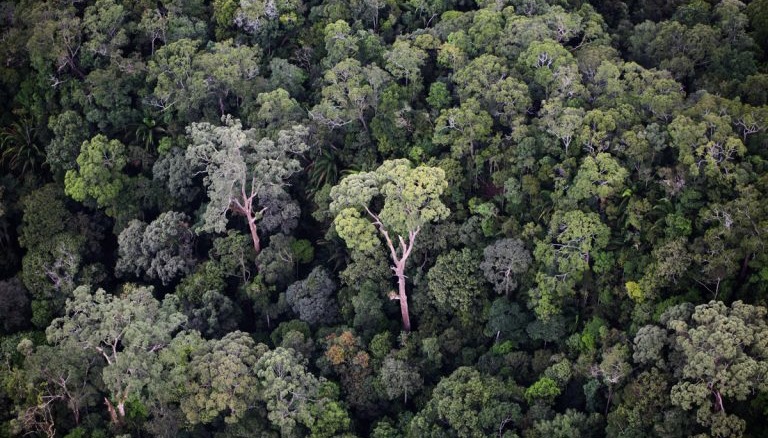Note: this activity is associated with the lesson on exploring ecosystems.
Overview
Rainforest deforestation is a global phenomenon. Some of the reasons why deforestation occurs are: farming, agriculture cash crops, logging, mining, production of paper goods, urban development, etc. Everyone can make a difference in curtailing deforestation by making sustainable choices on a daily basis.
Purpose: The purpose of this activity is to bring awareness and to empower students to effect positive change. We can all make a significant difference in the reduction of deforestation simply by the choices we make every day.
Mantra: “To be noble is to take positive, productive action locally and globally.” Lisa M. Algee
Materials: Recycled sustainable paper, pencil, crayons, markers, computer with PowerPoint and ClipArt.
Procedure:
• Students can create a PowerPoint presentation and share their Take Action statements with other 3rd – 5th grade classrooms. They can even challenge classes to come up with their own Take Action commitments.
• Students will pledge to commit to three Take Action statements. They will share these specific examples with their classmates, teachers, family, and community members.
Background information for students:
1. Did you know that palm oil is considered a cash crop (plant harvested to make money) and is exported to the USA and other countries where corporations use it to make cookies, cakes, crackers, chips, ice cream, fast foods, makeup, soap, and many other products?
• If you read the ingredients on a product label and see palm oil, then you have a choice of either purchasing the item or not. If you want to help conserve rainforests in Southeast Asia, then you can choose not to buy items with palm oil in them.
2. Did you know that the orangutan is an endangered species due to habitat loss from palm oil plantations?
• If you share this information with family and friends and ask them to share with others, then perhaps we can all make a difference to help protect the orangutans’ status.
3. Did you know that the leading cause of deforestation in the Brazilian Amazon is cattle ranching?
• If there were less demand for beef, then fewer rainforests would be deforested.
4. Did you know that it takes 4,000 – 18,000 gallons to ‘grow’ one hamburger compared to 13 gallons to grow an orange?
• If you decided not to eat two hamburgers per week, then you could save 8,000 – 36,000 gallons of water each week. That’s a lot of water!
5. Did you know that across the entire Amazon, trees produce 20 billion tons of water per day, or the equivalent of more than one-fifth of all the freshwater that flows into Earth’s oceans!
• If one-fifth of all the freshwater that flows into Earth’s oceans comes from trees in the Amazon, then in terms of percentage, that is 20 percent of all the freshwater that flows into Earth’s oceans.
6. Did you know it takes 3 gallons to make 1 sheet of paper?
• If one ream of paper contains 425 sheets, then 1,275 gallons of water were used to make one ream of paper.
7. Buy recycled sustainable paper. Encourage your school to purchase this paper to save rainforests. Recycled paper and Forest Stewardship Council certified paper reduces deforestation, thus saving trees which add water (transpiration) into Earth’s atmosphere!
• Propose this to your school’s government council and make it happen. Even better, yet, don’t use paper at all; advocate for more Smart-boards, whiteboards, and computer-based learning environments.
8. Did you know moisture generated by rainforests travels around the world? For example, scientists surmise that rainfall in the Midwestern region of the USA may be affected by forests in the Congo.
• If deforestation continues in the Congo, then the Midwest is potentially more susceptible to drought. This can affect farmer’s crops and the survival of rancher’s livestock (farm animals).
9. Did you know that forests in Southeast Asia positively influence rain patterns in southeastern Europe and China?
• If deforestation in Southeast Asia continues due to the replacement of rainforests with palm oil plantations, then regions in Europe and China face a higher likelihood of less rain.
10. Did you know that moisture generated in the Amazon ends up falling (precipitating) as rain as far away as Texas?
• If deforestation continues in the Amazon, then Texas is more prone to drought. This can increase the likelihood of fires.
11. Did you know that elephants and rhinos are being poached for their tusks? The ivory trade market is unfortunately increasing in Asian countries.
• If this poaching continues, elephant and rhino populations will continue to plummet until these majestic animals are gone forever. You can help ameliorate this issue by NOT buying any ivory products.
12. Did you know that wild animals are killed just for their furs and skins (even endangered species)?
• If this poaching continues, these wild animals will become extinct. You can help with this issue by NOT buying any fur or skin products (even ‘fake’ fur).
13. Did you know that wild animals are captured and sold as ‘exotic pets’? These exotic pets are not meant to be in small cages in peoples’ homes. They are meant to be in the wild.
• If a family member, friend, or pet store has exotic animals, you can ask whether the animals are ‘wild-caught’ or ‘captive bred’. ‘Captive bred’ animals are more friendly for the environment.
14. Did you know that buying wood products that are ‘FSC-certified’ can actually help prevent deforestation?
• If you go furniture shopping, you can easily look for this certification when buying wood products from Indonesia, Malaysia, Brazil, or Africa. **Consumers’ every day choices can have a tremendous impact on the environment**
Take Action: Protect the Rainforests!
I pledge to protect the rainforests by committing to do the following:
1. ___________________________________________________
2. ___________________________________________________
3. ___________________________________________________

